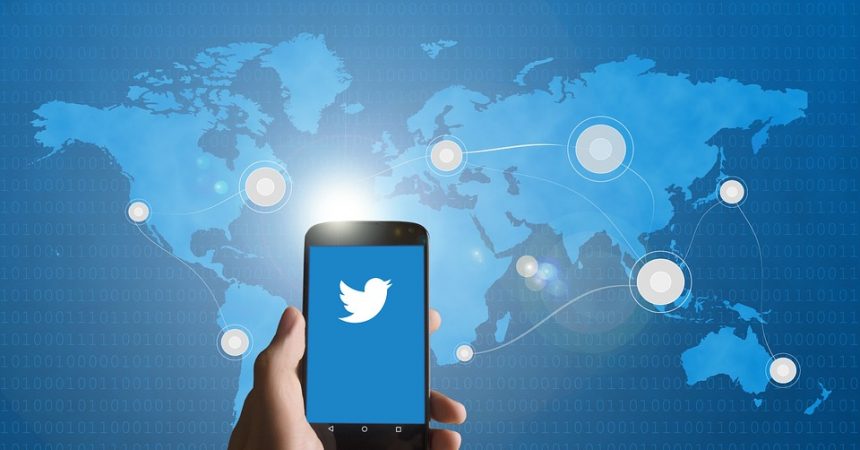On the 2 April, Twitter announced via one of its official accounts that it has deleted 20,000 fake accounts associated with communication campaigns by the governments of five countries: Saudi Arabia, Serbia, Egypt, Honduras and Indonesia.
Twitter said this operation is part of an investigation into activities supported by States that do not respect the transparency principles of the platform. The deleted accounts, as well all other accounts deleted in the past for the same reason, are stored in a publicly accessible database.
The deleted accounts were part of five separate and unrelated campaigns. Twitter identified 5,350 accounts that were linked to the Saudi monarchy, praising the monarchy and criticising other countries such as Qatar and Turkish activity in Yemen. Slain journalist Jamal Khashoggi had complained of threats he would receive from accounts supportive of Crown Prince Mohammed bin Salman before he was brutally murdered at the kingdom’s consulate in Istanbul in October 2018.
Over 2,500 Egyptian accounts were linked to a site called El Fagr, used by the Egyptian government to increase the visibility of critical tweets against Egypt’s political opponents such as Iran, Qatar and Turkey.
In Honduras, the 3,104 fake accounts identified were used to rewire messages from the president and probably created by government staff.
Following a report by the investigative online news platform Bellingcat, Twitter removed 795 Indonesian accounts that were used to rewire content published by news sites promoting government initiatives and to counter the West Papuan independence movement.
Twitter has long been criticised for being one of the largest purveyors of disinformation together with Facebook and it has often been accused of being overly tolerant of false accounts linked to propaganda campaigns. In response, Twitter has been taking steps to counter the spread of fake news.
At the end of 2019, Twitter announced it would ban political adverts, something Facebook has steadfastly refused to do. In March this year, Twitter has deleted several thousand false accounts and took joint action with Facebook to disable a Moscow-linked operation aimed at inflaming racial tensions in the US ahead of the 2020 presidential elections.
Twitter is also taking a number of tangible steps to fight the spread of misinformation about COVID-19. After having updated its safety policy, Twitter will delete any tweets denying expert guidance on the virus, encouraging “fake or ineffective treatments, preventions and diagnostic techniques” as well as tweets that mislead users by pretending to be from health authorities or experts.
It also deleted two tweets by Brazilian President Jair Bolsonaro, after having determined that they violate the company’s new safety rules.
There is still much work to be done. For those of us who use Twitter, the platform is still riddled with abusive and false content and reporting remains cumbersome and it has yet to delete some of US President Donald Trump’s reckless tweets about the virus.
The steps Twitter has taken so far do offer a glimmer of hope, especially since false content is here to stay and will continue to get shared despite a growing distrust in social media platforms – platforms that have been consistently reluctant to be held accountable for the false content they help spread, even though accountability is precisely what social media users want.












